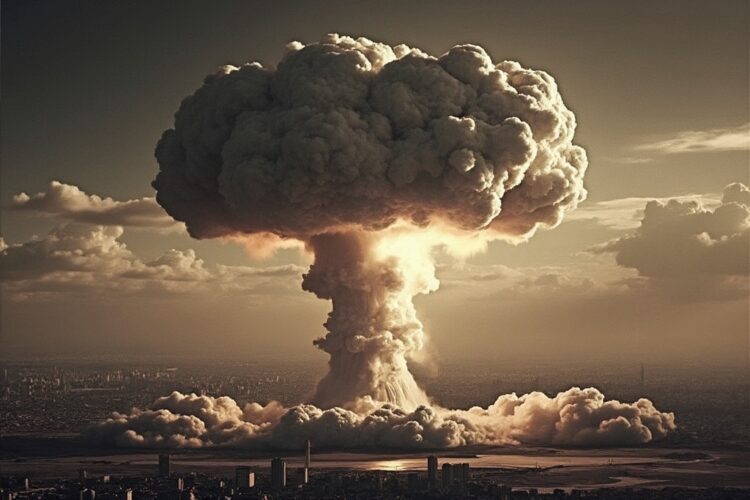Before delving into the historical facts, it’s pivotal to acknowledge the gravity of the event we are about to discuss. On August 6, 1945, during World War II, the United States dropped an atomic bomb on the Japanese city of Hiroshima. This event not only marked the first use of nuclear weapons in warfare but also had profound and lasting effects on global politics, ethics, and the course of human history. Let’s explore some key facts about this significant incident.
- Hiroshima is a city located in the southwestern part of Japan, which was devastated by the first nuclear bomb attack in history on August 6, 1945.
- The atomic bomb that was dropped on Hiroshima, named “Little Boy,” had an explosive yield of approximately 15 kilotons of TNT, which destroyed almost the entire city.
- The bomb was dropped by an American B-29 bomber plane named “Enola Gay,” which was piloted by Colonel Paul Tibbets.
- The bombing of Hiroshima killed an estimated 140,000 people, including both immediate deaths from the blast and long-term deaths from radiation exposure.
- The bomb caused immense destruction in the city, leaving only a few structures standing in the blast zone, including the Genbaku Dome, which is now a UNESCO World Heritage Site.
- The bomb’s explosion generated temperatures of approximately 3,000 to 4,000 degrees Celsius, which caused widespread fires and burned people’s skin.
- The bombing of Hiroshima marked the beginning of the end of World War II, as it led to Japan’s surrender and the signing of the peace treaty on August 15, 1945.
- The bombing of Hiroshima also led to the global nuclear arms race, as countries around the world began developing their nuclear weapons in response to the destructive power of the atomic bomb.
- The Hiroshima Peace Memorial Museum and the Atomic Bomb Dome serve as reminders of the horrific consequences of nuclear war and promote peace and disarmament.
- The bombing of Hiroshima remains one of the most significant events in modern history and serves as a reminder of the need for global peace and the dangers of nuclear weapons.
Words Worth Noting
Hiroshima, nuclear bomb, Little Boy, Enola Gay, Paul Tibbets, destruction, Genbaku Dome, radiation exposure, World War II, surrender, peace treaty, global arms race, nuclear weapons, Peace Memorial Museum, Atomic Bomb Dome, consequences, modern history, global peace, dangers, B-29 bomber, blast zone, explosion, fires, burned skin, immediate deaths, long-term deaths, destructive power, UNESCO World Heritage Site, disarmament.
Hashtags For Social Media
#Hiroshima #nuclearbomb #LittleBoy #EnolaGay #PaulTibbets #destruction #GenbakuDome #radiationexposure #WorldWarII #surrender #peacetreaty #globalarmsrace #nuclearweapons #PeaceMemorialMuseum #AtomicBombDome #consequences #modernhistory #globalpeace #dangers #B29bomber #blastzone #explosion #fires #burnedskin #immediatedeaths #longtermdeaths #destructivepower #UNESCOWorldHeritageSite #disarmament






